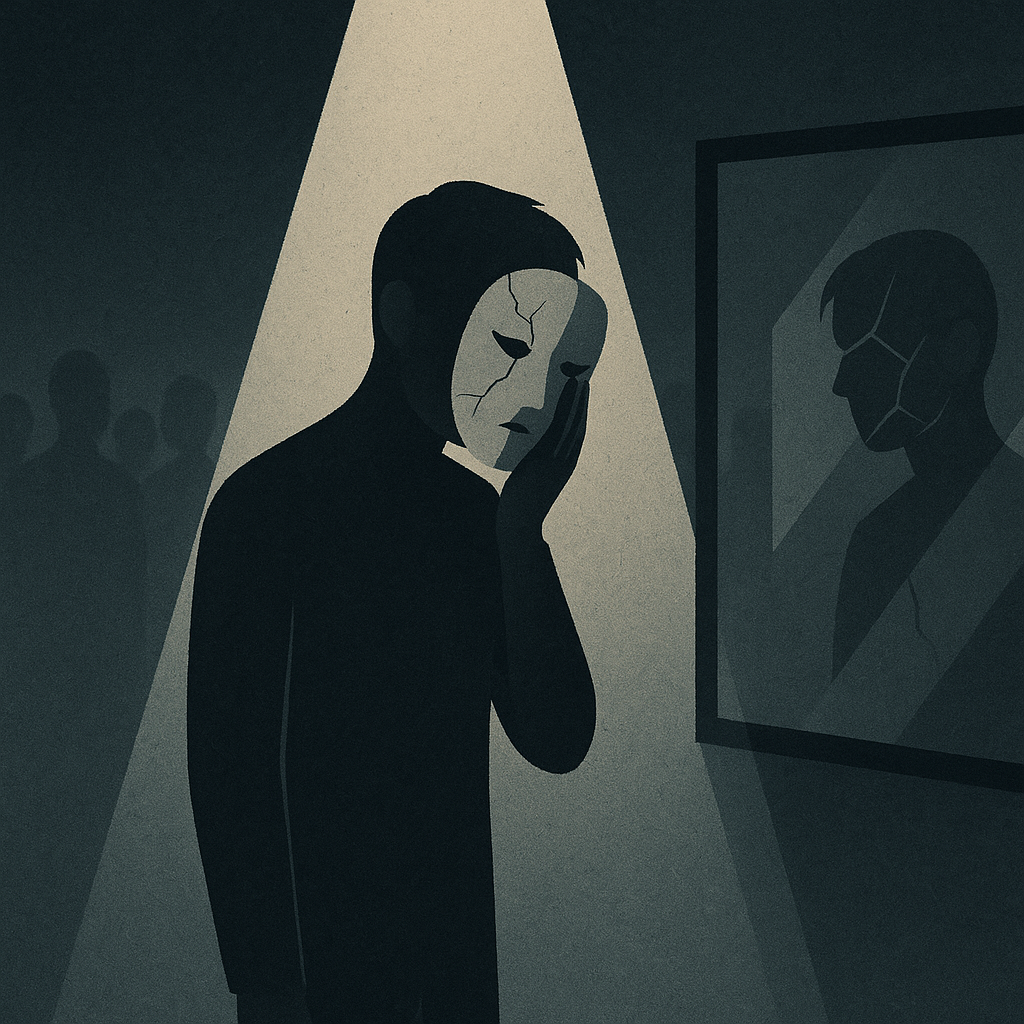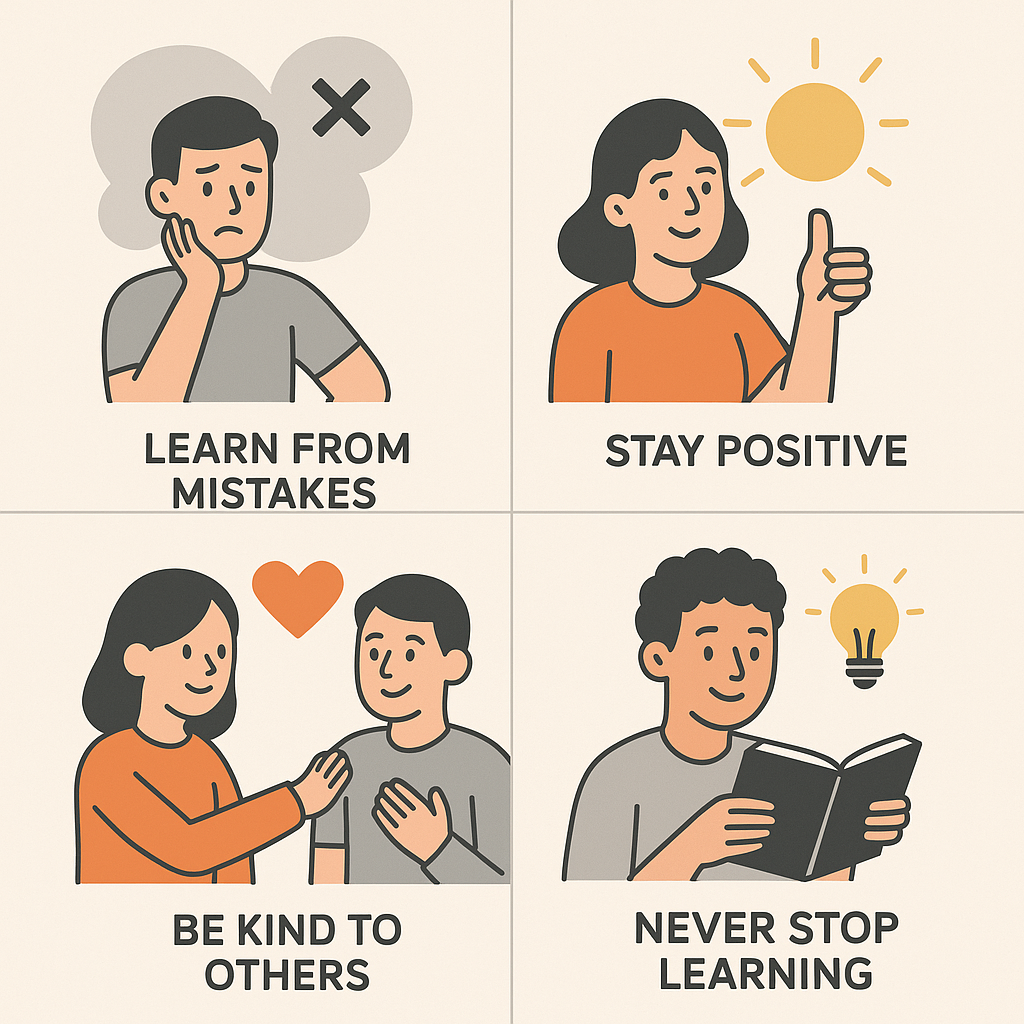
Shefali Jariwala’s life and death reflect the hidden cost of early fame. A deep reflection on mental health, identity, and pressure in the limelight.
INTRODUCTION
The sudden passing of Shefali Jariwala—the face behind the iconic Kaanta Laga remix—at just 42 years old, felt like the end of a cultural chapter for many of us who grew up in the early 2000s. While reports mention a cardiac arrest, those of us watching from afar can’t help but reflect on the silent emotional cost that often shadows early fame.
This blog is not a biography or a medical analysis. It is a human reflection. As someone deeply involved in the world of mental wellness, NLP, and identity healing, I offer this piece not as an expert diagnosing someone’s life, but as a fellow human being drawing lessons from a public journey—and what it can teach our youth today.
The Rise of a Cultural Icon
Shefali Jariwala’s rise to stardom was meteoric. With just one song—Kaanta Laga—she became a national sensation. Her style, her expression, and her screen presence turned her into a cultural symbol of the remix era.
But as quick as her rise was, her presence in the mainstream media began to fade. Over the years, we caught glimpses of her through item songs, small film appearances, and reality shows like Bigg Boss 13. And yet, the full comeback she seemed to seek never quite materialized.
Her name remained etched in the public memory, but her visibility dimmed—slowly, quietly.
The Quiet Struggles Behind the Applause
Behind the iconic image was a woman who had openly spoken about her health struggles. She had been living with epilepsy since her teenage years, and also dealt with depression and anxiety—conditions that she said deeply impacted her ability to pursue continuous work.
“I couldn’t take on projects because I didn’t know when my next seizure would hit,” she shared in an interview.
While the world celebrated her energy on screen, few saw the silent battles she fought off-camera. It’s an all-too-familiar story in a world where visibility is worshipped, and vulnerability is hidden.
What Happens When Fame Comes Too Early?
Shefali’s journey is a powerful case study in what I often refer to in my NLP work as an “identity freeze.” When someone receives intense recognition for one singular act or phase in life, the world holds them hostage to that image—even as the person inside evolves.
She may have grown, changed, healed, or struggled—but public memory rarely allows space for such evolution. Fame, when experienced young and fast, often leaves behind a vacuum when it fades.
This brings us to a painful truth:
- Fame gives you recognition. But not always resilience.
- Visibility offers validation. But not identity.
For the Youth in the Age of Social Media
Shefali’s story feels even more relevant in today’s era of viral reels, Instagram stardom, and influencer culture. Young people today are achieving massive digital fame—fast, global, and sometimes anonymous.
But they’re also facing:
- Identity confusion
- Dopamine burnout
- The pressure to stay relevant
- External validation addiction
Like Shefali, many creators are “seen” but not truly “known.” They’re remembered for a few seconds of virality, while their emotions, growth, and silent suffering remain invisible.
If you’re a young creator or dream of limelight, ask yourself:
- Who am I without the applause?
- Would I still feel worthy if the spotlight turns away?
- Am I building my life around a moment, or a mission?

Real Transformations, Real Results

Key Life Lessons from Shefali Jariwala’s Journey

Early fame is not the same as lifelong fulfillment
Mental health is not a luxury. It’s foundational
Being known is not the same as being understood
Relevance is not purpose
Our identity must evolve beyond the roles we play.
A Message to Every Young Creator, Dreamer, and Influencer
If you are in the limelight—or chasing it—pause and reflect:
Are you building an identity strong enough to survive silence?”
It’s easy to get addicted to the noise—likes, comments, views, DMs. But when the noise fades, will you still feel complete?
Take time to:
- Nurture self-worth beyond metrics.
- Build inner resilience over outer visibility.
- Allow yourself to evolve without audience approval.
- Seek peace, not just popularity.
In Loving Tribute
To Shefali Jariwala:
Thank you for being a part of our cultural memory. You danced with joy, you lit up the screens, and you stayed resilient through storms we may never fully understand.
You reminded us that behind every icon is a soul—fragile, human, and deserving of empathy.
May your story inspire a generation to choose healing over hustle, identity over image, and depth over dazzle.
Need Physiotherapy Help? Reach Out to Us
Final Thought from Dr. Ashish Nagar
In the world of healing, NLP, and personal growth that I practice, I see countless people carrying the weight of who the world thinks they are—versus who they long to be.
Let’s break that illusion.
Let’s make peace a part of our pursuit—not just success.
Let’s Connect
Which truth resonated with you most? Share your story in the comments.
Or, if you’re on your own self-healing journey and want deeper support, subscribe to our newsletter for weekly tools and insights rooted in mind-body science, spirituality, and real-world experience.
